 April is Autism Awareness month, previously known as Autism Acceptance month. Here are some links that highlight the differences between Awareness and Acceptance:
April is Autism Awareness month, previously known as Autism Acceptance month. Here are some links that highlight the differences between Awareness and Acceptance:
Acceptance, not just awareness: Changing the conversation around Autism
District Learning Support Services, Burnaby Schools
 April is Autism Awareness month, previously known as Autism Acceptance month. Here are some links that highlight the differences between Awareness and Acceptance:
April is Autism Awareness month, previously known as Autism Acceptance month. Here are some links that highlight the differences between Awareness and Acceptance:
Acceptance, not just awareness: Changing the conversation around Autism
What is Developmental Language Disorder (DLD)? It’s the most common childhood disorder that most people have never heard of. DLD affects 1 in 14 people causing difficulties understanding and using language for no known reason. In Canada, there are approximately 2.6 million people with DLD. DLD is a lifelong problem and affects people of all ages.
Today is international DLD Awareness day and the 2022 theme is Growing with DLD. DLD is a lifelong, permanent disability. People do not grow out of DLD but can thrive with supports that can include speech-language therapy and educational adjustments. It’s about growing with DLD.
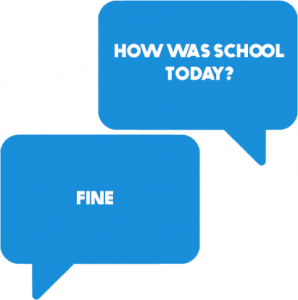
Welcome back to school! Many children often give a one word answer to the common question, “How was school today?” Try some alternative questions to help your child share more information about their day:
Some children will also use a home/school communication book to help them share important information about their day. Please click here for examples. Please see the About page for the name of the speech-language pathologist for your child’s school.

Happy Friday! We’ve recently added an Early Literacy resource section to this blog which includes information on Learning to Read and updated resources on Phonological Awareness. Hope you and your child can have fun with the activities!
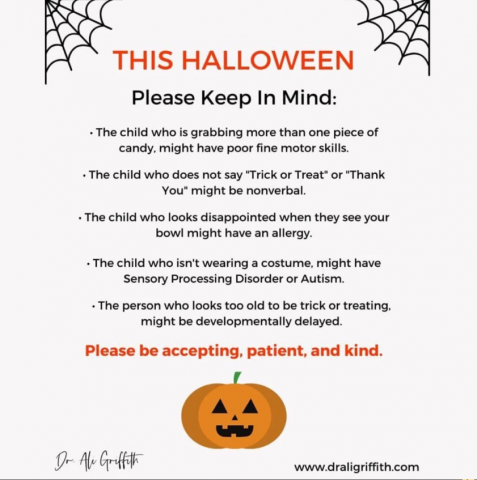
Developmental Language Disorder (DLD) is a neurodevelopmental condition that is very common, affecting approximately 7% of the population. The cause of DLD is generally unknown. A person with DLD can have difficulty talking and understanding spoken language. Spoken words and sentences can be challenging for people with DLD. DLD may also impact behaviour, attention, academic achievement, and peer relationships.
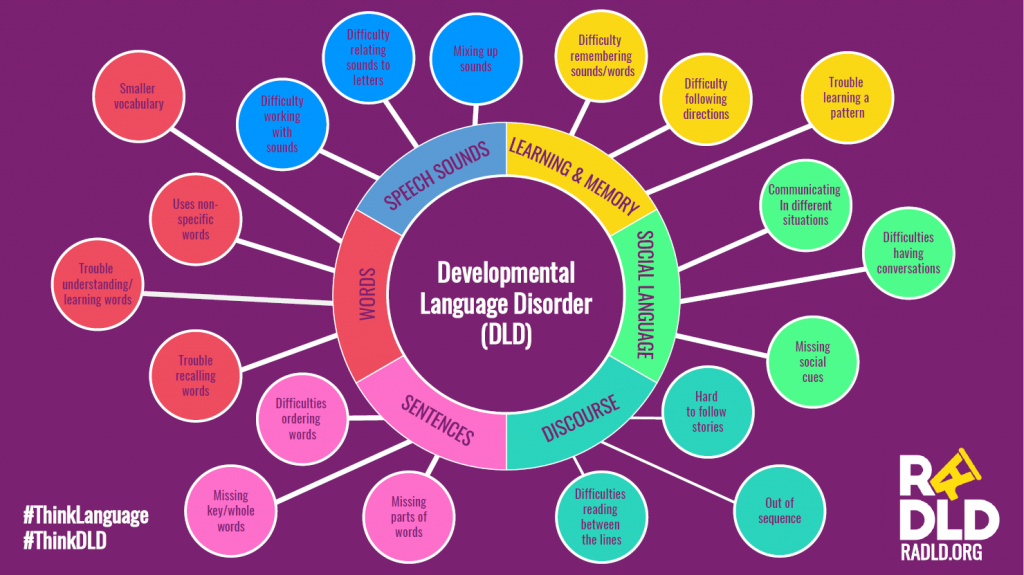
The Burnaby Speech Language Pathologists work with many students with DLD. We also support families and school teams.
For many students and families, transitioning back to school can be challenging. Part of the challenge is that all children are developing their executive function skills. These are the mental processes that allow us to plan, focus attention, remember instructions, and juggle multiple tasks successfully. Like an orchestra conductor or an air traffic controller, to do all this the brain builds the ability to filter distractions, prioritize tasks, set and achieve goals, and control impulses (self-regulation). While executive functions are emerging for all children, they can be more challenging for students with learning and behavioral disabilities. Executive functions have a major impact on a child’s academic and social participation and success.
There are many ways to help your child at home with developing their executive functions and independence. Try using visual reminders of the morning, after school and bed time routines. This can include something as simple as a written or drawn-out schedule on their bedroom door, the fridge or the bathroom.
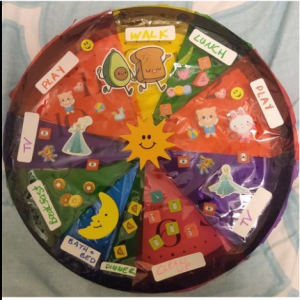
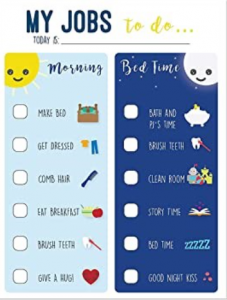
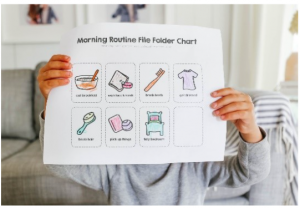
For more tips, check out our new executive functions page!
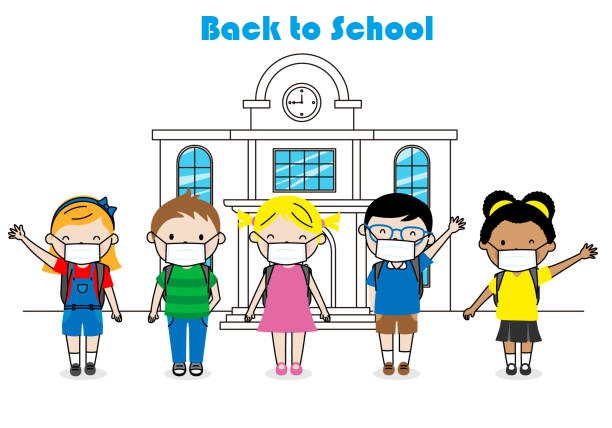
This will be a back to school year like no other! We will be smiling behind our masks and are excited to see everyone again. Wearing masks helps reduce the spread of COVID-19 in the community but it can sometimes make communication more difficult, especially for people who have trouble speaking or hearing.
• Masks make voices muffled and harder to hear.
• Masks cover facial expression and prevent speech reading. Without visual cues, people with hearing loss or communication difficulties may have even more trouble understanding what they are hearing.
• People with communication difficulties may not be able to make themselves understood through a mask.
• Move to a quiet place, or reduce competing noises in the environment.
• For those who wear hearing aids, ensure they are working well.
• Face your communication partner and make sure nothing is blocking your view.
• Get the attention of your communication partner before you start talking.
• Ask what you can do to make communication easier for both of you.
• Speak a little more slowly and slightly louder than usual, but do not shout or exaggerate your speech.
• Use your eyes, hands and body movements to add more information to your speech.
• Use a voice amplifier.
• Ask if your communication partner understood you. If not, repeat, rephrase or write it down.
• Use speech-to-text apps to transcribe speech in real time.
Please see General Public Masks Info Sheet by Speech-Language and Audiology Canada for further information.
Have a safe and healthy school year!
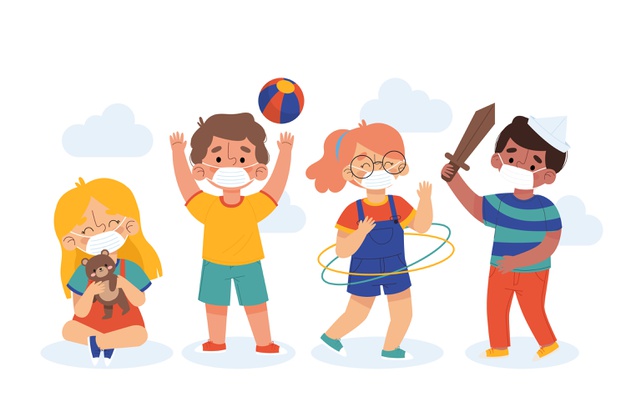
Many parents are looking for ideas to to keep their kids busy over the summer at this time of year. Here are some fun activities to try that target speech and language goals (you can also print out Summer Speech & Language Bingo)

For more ideas, check out our handouts on how to support your child’s language during everyday activities. See our articulation section for ideas and materials to practice specific speech sounds. Dr. Henry reminds us to “Be kind, be calm and be safe.” As the unique school year ends, also try to have a FUN summer!
© 2024 Speech-Language Pathology Services
Theme by Anders Noren — Up ↑